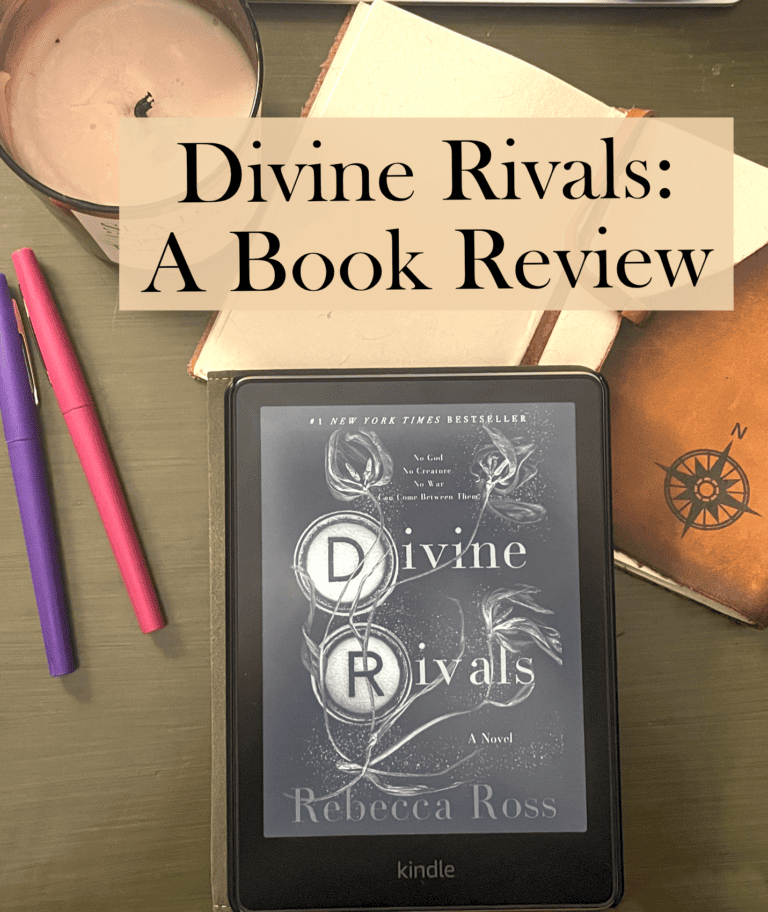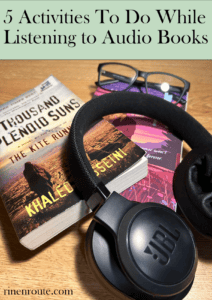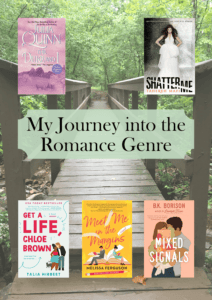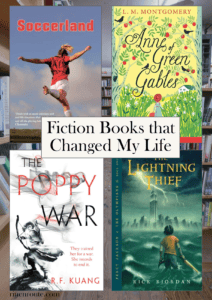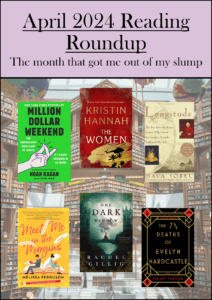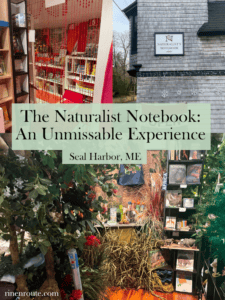Divine Rivals Synopsis
Two Gods at war, three magical typewriters, and an unforgettable romance. Iris Willow hasn’t heard from her brother, Forest, for months. He left to fight for Enva and hasn’t written since. Her mother is falling into alcoholism, and Iris is fighting for a promotion that seems to be rapidly slipping through her fingers.
To help with her worries, she writes letters to her brother on a typewriter and slips them under her wardrobe door, where they disappear. She prays they find their way to Forest, while the true receiver is her rival for the promotion, Roman Kitt. When he decides to write back – while hiding his identity – they grow closer while keeping a wardrobe door between their true selves. Iris and Roman continue to circle each other, but the war grows closer, and they find themselves intertwined with more than each other but the very fate of the world.
To Read or Not to Read
Yes, if you…
- Like journalism/writing aesthetic
- Will read purely for the enchanting vibes
- Like rivals to lovers
- Want to start reading more fantasy
- Will read anything if you like the characters
No, if you…
- Want the fantasy element to be forefront
- Want fleshed-out world-building
- Would rather have a fast pace than a magical aura
Characters
The characters stand at the forefront of this Divine Rivals. Everything is about these characters. Their wants, needs, and actions drive the plot forward, and rarely does anything happen that is not the consequence of one of the main characters’ actions.
I fell in love with Winnow. She is hard-working, serious, yet optimistic, and truly believes the best in people and wants the best for them. Kitt is a perfect antithesis. He is aloof and cold, keeping people at a distance while rising to the top.
My favorite thing about Rebecca Ross is she treats every character as if they’re the main character. The side characters had their own concerns, goals, and plots that were separate from Iris. This destroys the dynamic of the main character/side character, instead creating a community of people that I rooted for equally. The story is about Iris, but Attie’s, Forest’s, and Marisol’s development are just as interesting.
Writing
The second strongest part of this story is the writing. Rebecca creates lyrical prose that draws you into the magic of her world. We feel Iris’s hope, worry, and determination; we feel the wonder of the magical elements of the world; we feel the devastation the war has left behind. Rebecca is a master at creating an aura surrounding not only her book but every scene within it.
Plot
Three ‘main’ plots constantly circle and intertwine each other. What I loved about Divine Rivals is even if one plot was stalling, another picked up. The book moved forward at a consistent pace, which is medium. The book never stalled but also never flew by with action packed into every page.
I do understand that the pacing and loose storyline was a plot device within itself. The book is more about the characters, their inner worlds, and their connection with each other. It makes sense that the focus is on them and not the outside war.
Worldbuilding
The worldbuilding was simple, which is another purposeful decision. Complex world-building would have put the fantasy at the forefront instead of the characters. This would have been counterproductive, seeing as the characters are the whole point.
It’s set in historical England, with typewriters, buggies, and guns being the newer technology. There are the fantasy elements of course, but nothing too shocking. Enchantments are the most popular, such as the typewriters that will send letters to one another no matter the distance.
The war between the gods made sense; there were personalities and decisions that clashed with each other, resulting in a war. You could say that Dacre was being slightly over-dramatic, but he still made terrible decisions and incited this war.
A Completely Biased Review
The above breakdown is my attempt at an unbiased review of Divine Rivals, but I am holding to no such standards now. I am someone who will read anything if I like the characters. In this book, I loved them. I love watching characters forge and break connections, feeling their hope,heartache, and regret. For every good thing I was cheering; for every bad thing I was crying; and for everything in between I was invested. If you’re the same, you have to read this book.
The only thing I loved almost as much as the characters was the aura. Specifically the writing aura. As a writer, there’s something that connects my heart to characters who also have to struggle and succeed in the writing world. The fact that both main characters were journalists, and we followed their journey in their jobs as well, made me fall in love with them all the more. If you’re a writer, journalist, or blogger, I cannot recommend this book enough.
Something I also look at is what the book is about beyond the plot, and The Letters of Enchantment duology does not disappoint. This book explores finding joy in dark times, how far we are willing to go for family, and how much we can rely on connections we forge along the way. Ross explores these themes and questions with care and leaves you with several things to think about at the end.
Do you think the characters will draw you into this world, or is this a pass for a higher-stakes book? Let me know in the comments below, and if you want more bookish and travel content join my newsletter! I send out reviews, events, activities, and more every month! Stay brave!
This blog is reader-supported, meaning this page includes affiliate links. If you click and purchase from the link, I may receive a small commission at no extra cost to you. I only recommend books and travel tools I love. Thank you for your support!

